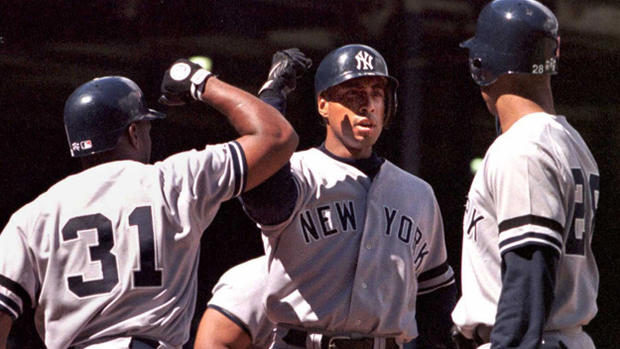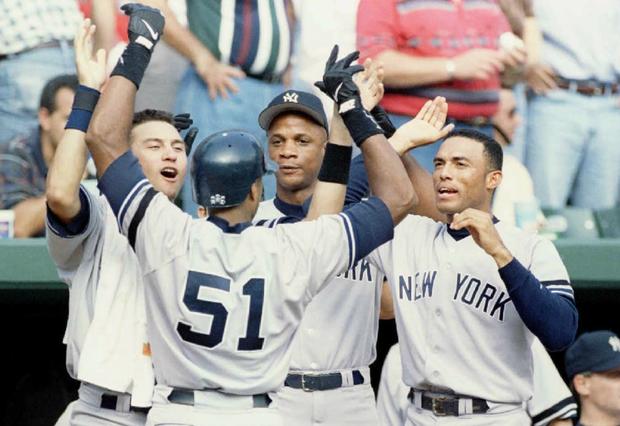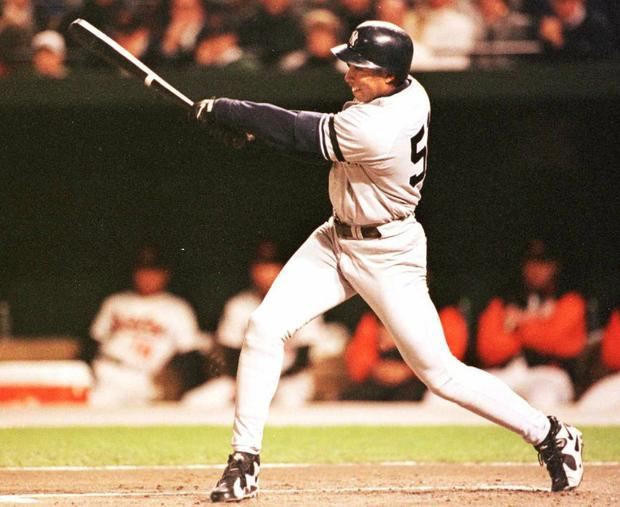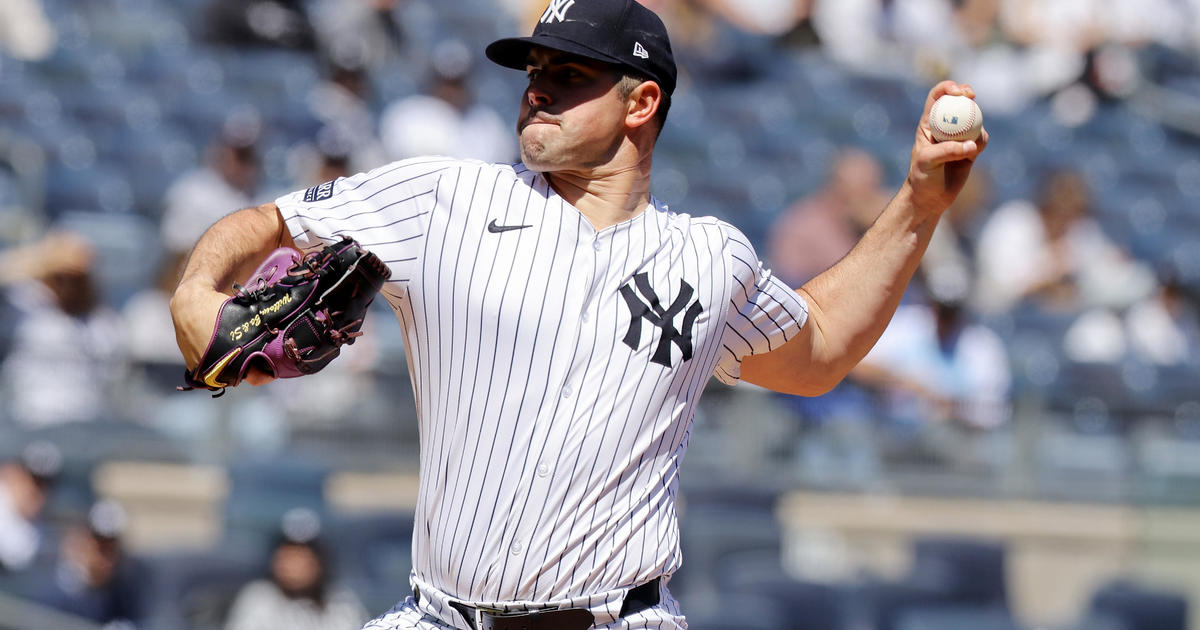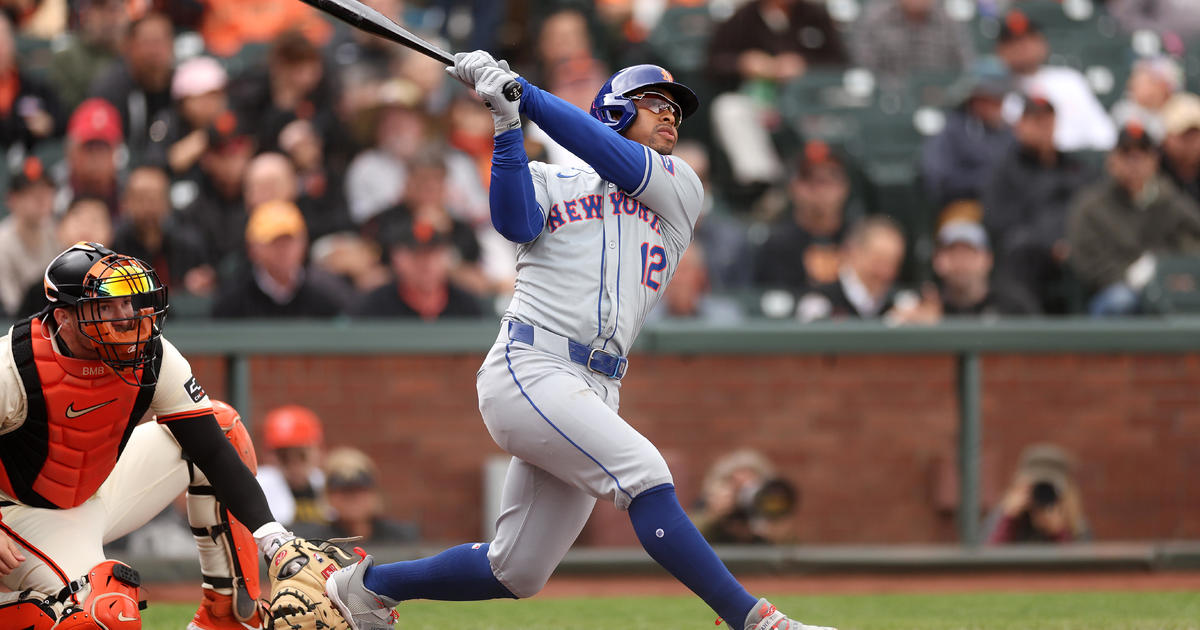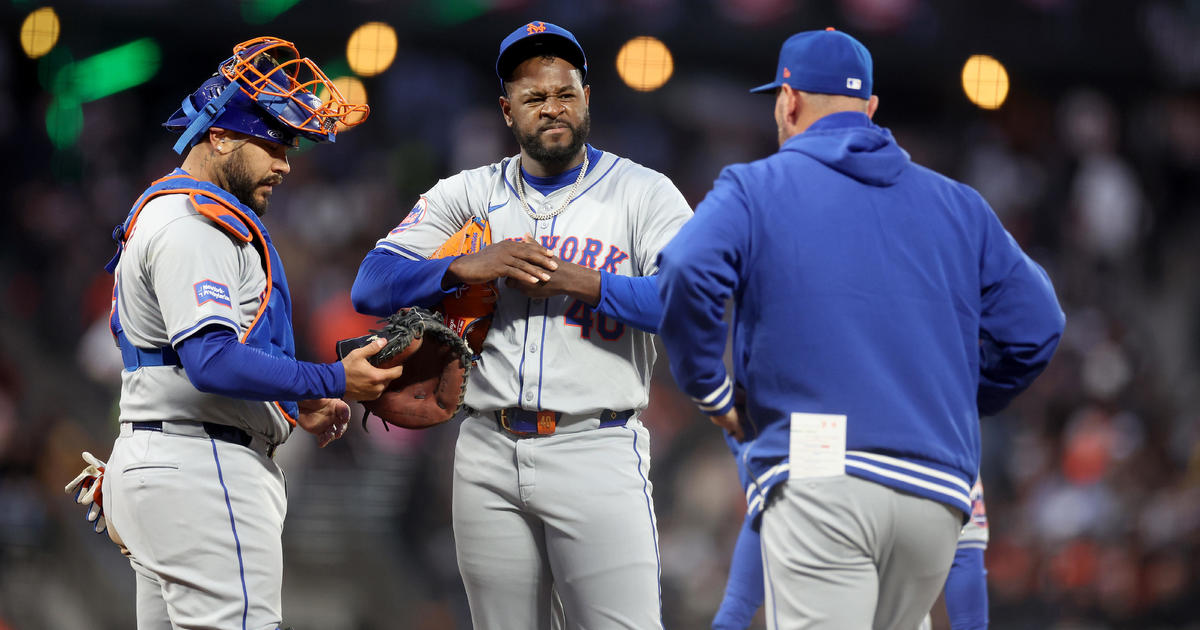Remembering The 1996 Yankees: Bernie Williams Was All Pinstriped Class
By Jason Keidel
» More Columns
Baseball trades on the twin virtues as a sport of character and characters. Our pastime spawned the player/patriot icon, from Ted Williams to Bob Feller, while the game's most iconic player, Babe Ruth, was renowned for training on beer, hot dogs and late nights.
And no team has more characters in their archives than the Yankees. From Ruth to Mantle; from to Whitey to Yogi in the early years; and then onto to Reggie Jackson, Mickey Rivers, David Cone and Paul O'Neill.
Lost in their outsized contours and personalities was someone who often played like Superman but had the countenance of Clark Kent.
That would be Bernie Williams, whose sprawling and productive career was often lost in the void of his humility and humanity and in the shadow cast by the Core Four and other, more colorful personas.
You'd be challenged to find someone more vital to the Yankees' turnaround in the mid '90s and dynasty of the late '90s.
Over an eight-year stretch (1995-2002), Williams never hit lower than .305. He won a batting title in '98 and made five straight All-Star teams.
Those Yankees were renowned for their pitching, selfless play and clutch hitting, for their high deeds under brown leaves. And no one embodied that ethic more than Williams, who is the only player to hit 30 homers in a season during the epic run that yielded four World Series titles in five years.
When the Yankees morphed from good to great, Williams was at the axis.
Lisa Swan, co-founder and fine writer for the baseball blog Subway Squawkers, recalled the 1996 season with great clarity.
"In 1996, Williams had an eye-popping 1.567 OPS, including three homers," Swan said, "and was the top reason the Yankees beat the Rangers in the ALDS."
Williams didn't stop there.
"He also had 1.531 OPS in the ALCS against the Baltimore Orioles," Swan added. "People remember the Derek Jeter homer in the Jeffrey Maier game, but they don't remember that Williams was series MVP and had a walkoff homer in the 11th to win that game."
So why is Williams a footnote in a dynasty he was so central to creating?
"One reason is the Core Four lasted longer than Williams did," Swan said. "And they were part of the World Series title in 2009. Also, the Core Four was catchy shorthand for the dynasty stars."
When considering Williams' place in a team of the ages, Swan didn't hesitate.
"While I would rank Derek Jeter ahead of him as an overall hitter, Williams was arguably the team's top hitter for that time frame," she said.
Swan said Bernie's brilliance had a binary impact on the long-term health of the team.
"Williams' success meant that the other farm system stars got the chance to come up with the Yankees, and not be traded elsewhere. Jorge Posada credited Williams for that," Swan said.
And while Bernie's understated demeanor made him an underrated player, the Yankees who saw through the pensive persona knew his importance.
"Mell Hall, one of the more odious people to ever put on pinstripes, used to torture and bully Williams -- by calling him 'Bambi' and 'Mr. Zero,'" Swan said. "Buck Showalter and Gene Michael saw what was happening and got rid of Hall, and really moved toward getting good-character guys in the clubhouse."
History has more than validated that move.
"Now Bernie's in Monument Park, and Hall is in jail," Swan said.
While the Yankees of the past were both victorious and vilified, the '90s club was oddly respected, if not revered, in the five boroughs and beyond. And few outsiders could comprehend Williams' importance more than their epic rivals, the Red Sox.
"I always rolled my eyes at the mention of the Core Four because it did indeed sell short what Bernie meant to the Yankee teams during the postseason run of 1995 to 2006," said Paul Sullivan, baseball historian, Bostonian and slavish Red Sox devotee, who hosts the popular podcast "Sully Baseball."
"I understand that Jeter, Rivera, Posada and Pettitte were the remaining players of the Torre years when they won their final ring in 2009," Sullivan said. "But a compelling case can be made that when the Yankees finally broke through and became champs again, the main man was Bernie."
And like many who took a jeweler's eye to baseball during that magical, first World Series title of the Torre era, Sullivan saw the true catalysts of that season.
"That 1996 team wasn't led by Jeter. There were veterans like Boggs, O'Neill, Cone and Tim Raines to guide them. But Bernie was the star, and his six postseason homers gave the Yankees the title," Sullivan said.
Williams also led the rare cluster of Yankees who were an impossible hybrid of hunger and humility, hard for even the most rabid Red Sox fan to abhor.
"He was a dignified and impossible-to-hate type. He wasn't going to get into bar brawls or do drugs," Sullivan said. "He was too busy playing classical guitar and being humble. All of the attributes that were associated with the Torre Yankees, which were in so many ways the opposite of the Billy Martin/George Steinbrenner/Reggie Jackson Bronx Zoo years, could directly be linked to Bernie Williams."
Lost in his head-down approach to the game was the crossover impact Williams had on the rest of the budding dynasty.
"He also became the first player in history to hit multiple walk-off postseason homers, and circled the bases without hot dogging," Sullivan said. "The quiet dignity and leading-by-example qualities that everyone bequeathed onto Jeter actually began with Williams. If Jeter the Magnificent ever emulated anyone, it was Bernie."
Since he started and finished his bejeweled career in New York, folks now forget that Williams came perilously close to leaving the Bronx in 1998. And among his myriad suitors was the Red Sox.
"The Red Sox needed another bat to protect Nomar Garciaparra in the lineup," Sullivan said. "When rumors started swirling that Bernie could be heading to Boston, I was salivating. I am an atheist, but still I went to church to light some candles, just in case."
Of course, Williams remained in pinstripes, breaking more than a few Boston hearts who knew he would not only not join the Red Sox, but would also haunt them for years to come.
"The nanosecond he re-signed with the Yankees, I knew the Sox's hopes in 1999 were toast," Sullivan said. "I remember he homered off of Rod Beck to walk off Game 1 of the 1999 ALCS. As he circled the bases, I thought, 'Damn it, we should have signed him!' Who did the Red Sox sign instead? Jose Offerman."
And even when the Yankees lost their grip on the Bambino's Curse, Williams reminded everyone it wasn't his fault.
"He was the one I feared the most because he always seemed to get a big hit," Sullivan said. "Remember, the only dent the Yankees made on Curt Schilling in the bloody sock game was a solo homer by Bernie Williams."
While Williams was a bit too laconic to be an iconic character, his deeds have only flowered with time.
"Bernie proved that you could be a big star in New York without having a larger-than-life personality," Swan said. "With interests that weren't like your typical ballplayer."
Indeed, Bernie's low-key regularity hid his varied talents.
"How many MLB players played classical guitar?" Swan said. "How many had two hit records -- albums, not baseball? How many spent three years after retirement to get a college degree in jazz composition?"
Like many Yankees, Bernie Williams was, is and shall remain a man for many ages.
For more coverage of the 1996 Yankees celebration, please click here.
Follow Jason on Twitter at @JasonKeidel
